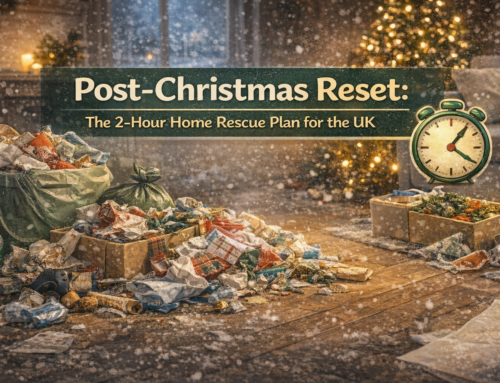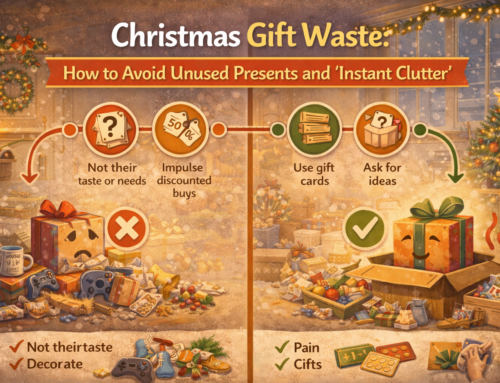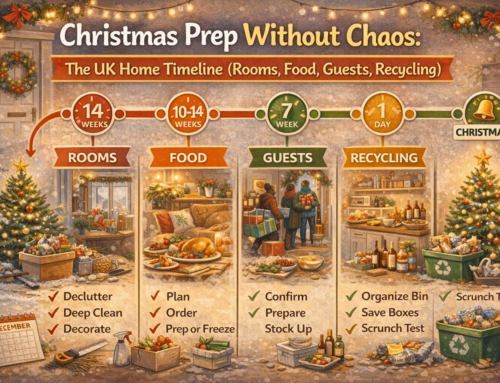Got an old appliance cluttering up your London home? Disposing of them responsibly is key. Whether it’s a broken fridge freezer, an old microwave or a non functioning washing machine, knowing how to do it right can save you time and the planet. Here’s the lowdown to help you how to get rid of old Appliances.
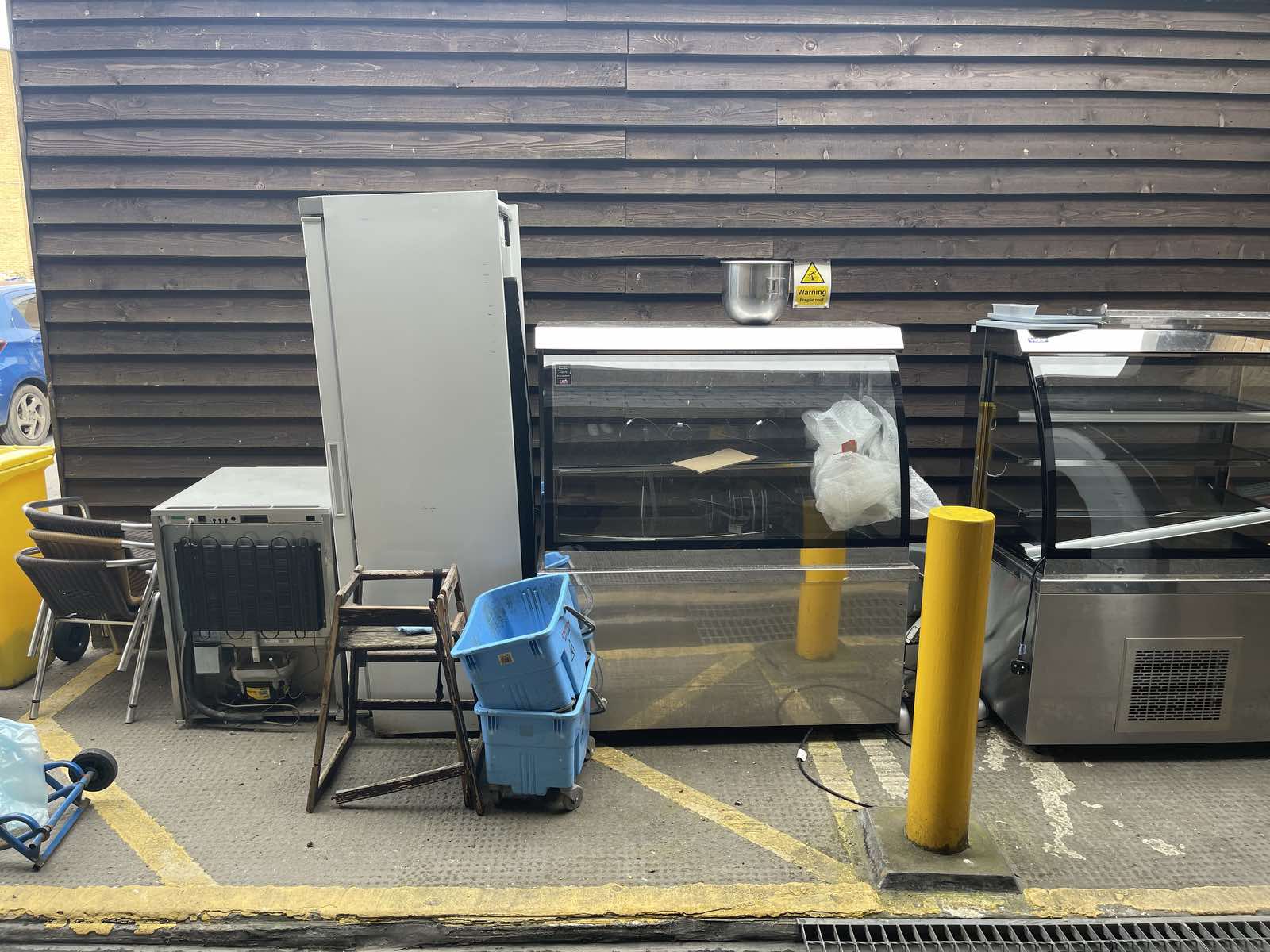
1. Can it be Repaired or Donated
Before you get rid of your household appliances, check if they can be repaired or reused. Many old electrical items like microwaves or dishwashers can be refurbished for continued use.
- Repair Services: Contact local repair shops or check if retailers offer appliance repair.
- Donation Options: Charity shops or organisations may accept old electricals in working order, giving these items a new lease of life and reducing waste. Some charity shops and furniture re-use companies also offer collection services, making it convenient for you to donate items like fridges or washing machines without having to transport them yourself.
2. Use Recycling and Appliance Disposal Services in London
London has many options for electrical item disposal. Make sure your electrical appliances are treated environmentally.
- Local Council Bulky Waste Collection: Many London councils offer bulky waste collection for a small fee. Check their guidelines as some items like fridges or white goods may need special handling due to hazardous substances like refrigerants.
- Private Disposal Services: House clearance London companies can help with appliance removal. These services collect and dispose of items like washing machines, fridges and more.
3. Preparing Household Appliances for Disposal
Before disposing of your household appliances, it’s essential to prepare them properly to ensure safe and environmentally friendly disposal. Here are some steps to follow:
- Remove Contents: Start by removing any food or liquids from appliances like refrigerators and freezers. This prevents spills and makes the appliance lighter and easier to handle.
- Defrost and Dry: Defrost fridges and freezers to prevent water damage during transportation. Make sure they are completely dry before moving them.
- Disconnect Safely: Unplug the appliance and remove any electrical cords or plugs. This step is crucial for safety and makes the appliance easier to transport.
- Disassemble if Possible: Remove any shelves, drawers, or other removable parts. This not only makes the appliance lighter but also prevents parts from getting damaged or lost.
- Clean Thoroughly: Clean the appliance to remove any dirt, dust, or debris. A clean appliance is more likely to be accepted by recycling centers or donation organizations.
- Check Requirements: Always check with your local council or disposal service to see if they have any specific requirements for preparing appliances for disposal. This ensures compliance with local regulations and smooth disposal.
By following these steps, you can ensure that your household appliances are ready for safe and efficient disposal.
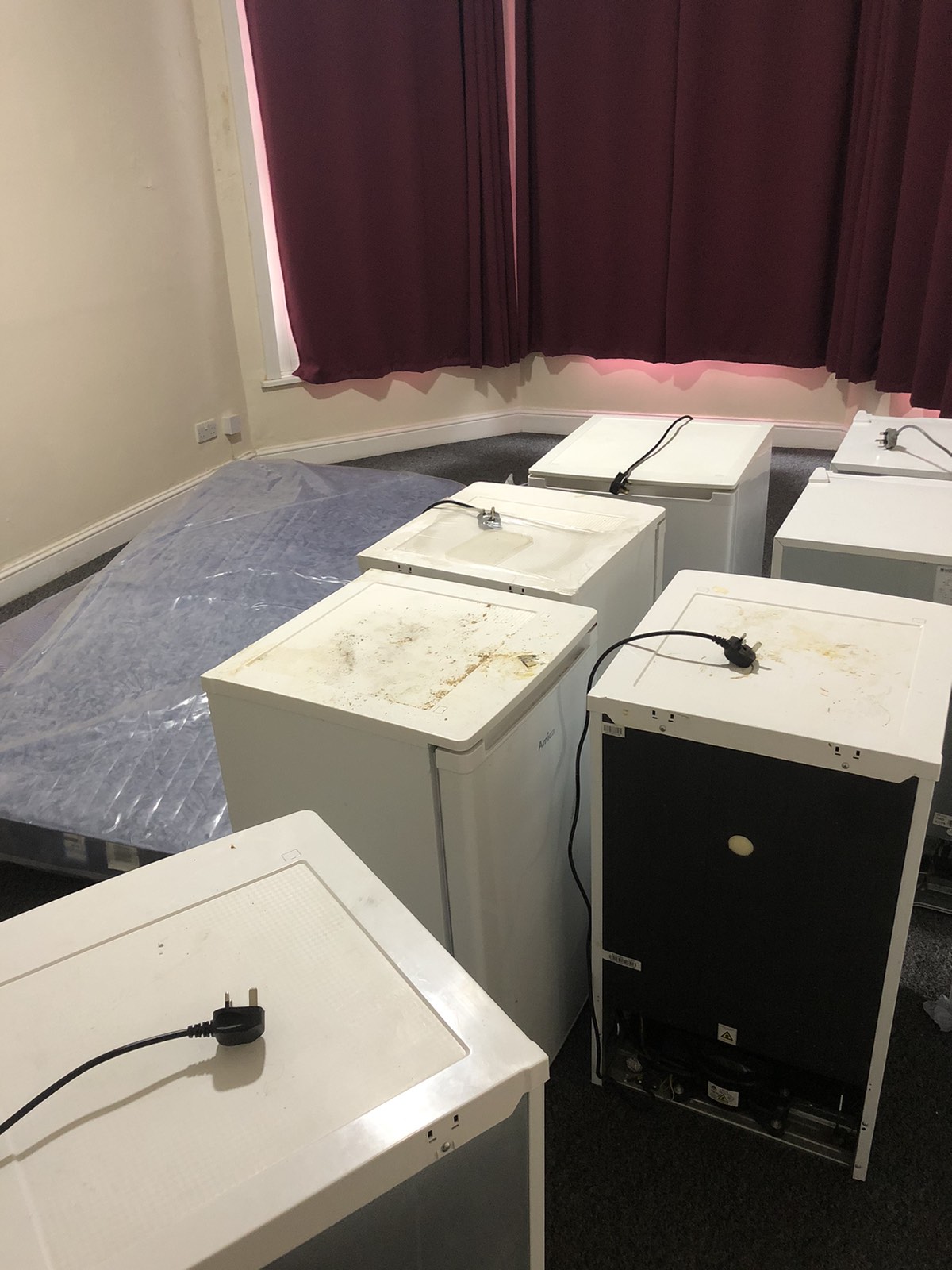
4. Retailer Take-Back Schemes
If you’re buying a new appliance, check with your retailer. Many retailers offer a collection service for old white goods when delivering new ones. These schemes ensure materials are recycled.
5. Recycling Centres and Scrap Yards
You can take your electrical appliances to local recycling centres where they’ll be recycled safely. Metals, plastics and electronic parts can be reused to make new materials.
6. Appliance Disposal Regulations
Appliance disposal regulations can vary depending on the type of appliance and your location. Here are some general guidelines to keep in mind:
- Licensed Facilities: Electrical appliances, such as washing machines and fridge freezers, must be disposed of through a licensed waste electrical and electronic equipment (WEEE) facility. These facilities are equipped to handle and recycle electrical items safely.
- Handling Hazardous Substances: Appliances containing hazardous substances, like refrigerants and batteries, need special handling. These substances must be separated and disposed of according to specific regulations to prevent environmental harm.
- Local Council Rules: Your local council may have specific regulations for disposing of bulky waste, including appliances. It’s essential to check their guidelines to ensure you’re following the correct procedures.
- Special Handling: Some appliances, such as refrigerators and air conditioners, require special handling due to the presence of hazardous substances. Make sure these items are disposed of through appropriate channels.
- Compliance: Always check with your local council or disposal service to ensure compliance with all relevant regulations. This not only helps protect the environment but also ensures you avoid any potential fines or penalties.
Understanding and following these regulations is crucial for responsible appliance disposal.
7. Environmental Impact
Disposing of old appliances incorrectly can harm the environment. Items like fridges and other electricals have parts that need to be disposed of carefully to avoid harm. Choose services that recycle and avoid landfill where possible.
8. Disposing of Hazardous Appliances
Hazardous appliances, such as refrigerators and air conditioners, require special handling and disposal due to the presence of hazardous substances. Here are some steps to follow:
- Specialized Collection Services: Check with your local council or disposal service to see if they offer a specialized collection service for hazardous appliances. These services are equipped to handle and dispose of hazardous substances safely.
- Proper Draining: Ensure that the appliance is properly drained of any refrigerants or other hazardous substances before disposal. This step is crucial to prevent environmental contamination.
- Licensed WEEE Facilities: Use a licensed WEEE facility to dispose of the appliance. These facilities are specifically designed to handle and recycle hazardous appliances in an environmentally friendly manner.
- Avoid Regular Waste Collection: Do not attempt to dispose of hazardous appliances through regular waste collection or recycling programs. These programs are not equipped to handle hazardous substances and can lead to environmental harm.
- Consider Donation or Recycling: If the appliance is still in working condition, consider donating or recycling it through a reputable organization. This not only minimizes waste but also helps reduce the environmental impact.
By following these steps, you can ensure that hazardous appliances are disposed of safely and responsibly.
Household Appliances That Need Special Disposal
Here are some big household items and how to get rid of them:
- Fridges and Freezers: Often need specialist handling due to refrigerants.
- Washing Machines: Can be collected by recycling or disposal companies.
- Dishwashers: Can be taken to recycling centres or included in retailer take-back schemes.
- Microwaves: Can be repaired or donated if still working.
Why Professional Bulky Waste Collection Matters
Professional collection services get your appliances disposed of for you, saving you the hassle. A licensed disposal service will handle hazardous substances and ensure compliance with legal and environmental regulations.
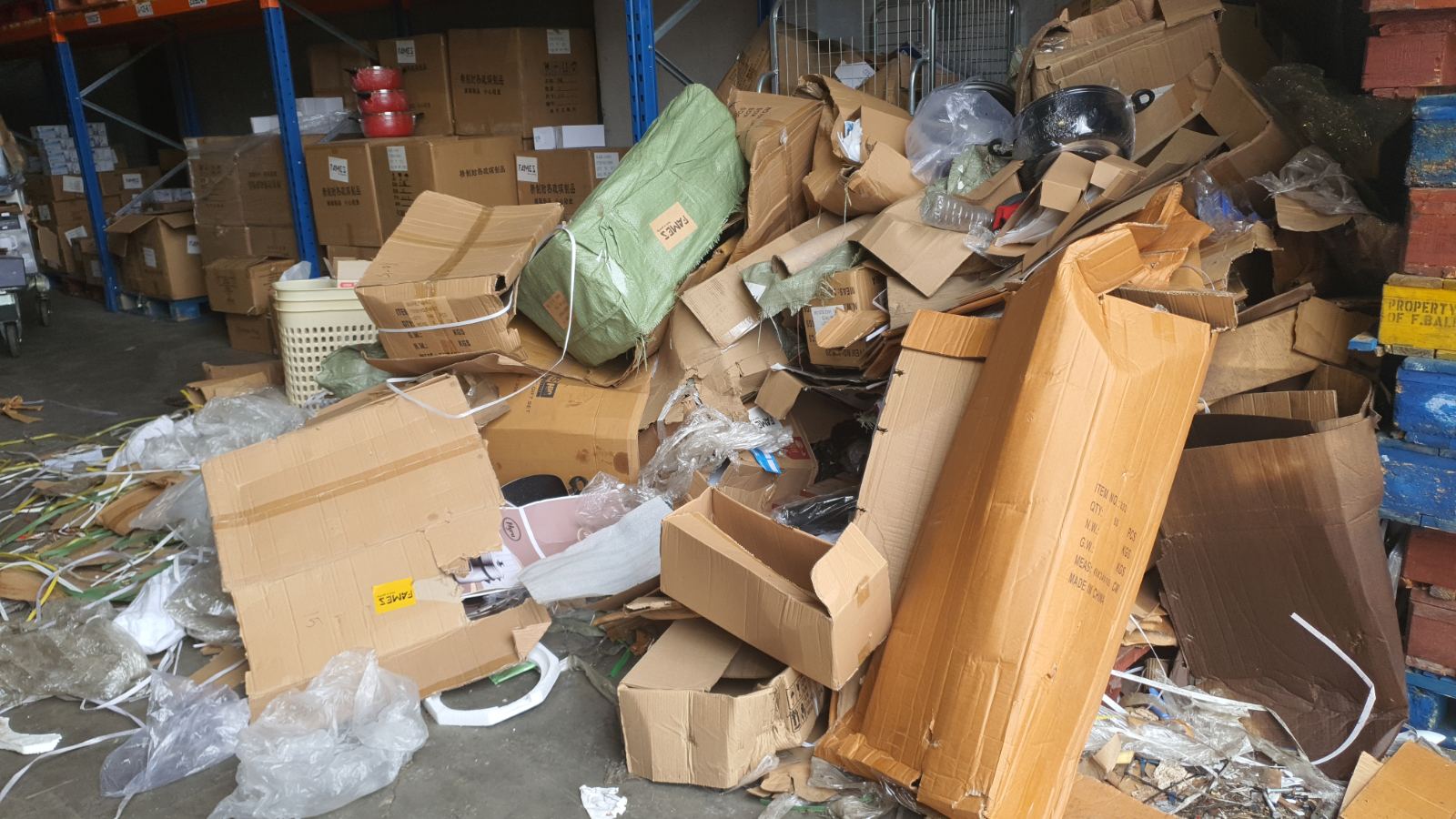
Tips for Disposal
- Reuse or Donate: Look for ways to reuse old appliances.
- Recycling: Make sure items go to certified recycling centres.
- Check Local Guidelines: Check with your local council for free or low cost collection schemes.
- Avoid Landfill: Choose eco-friendly disposal methods.
Getting rid of old white goods, fridges and other appliances in London doesn’t have to be hard. Look into house clearance London, appliance collection and recycling and get your waste sorted. Choose a trusted service and make it easy and green.
Clear your property of unwanted items today!



